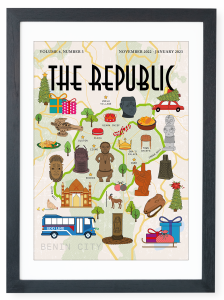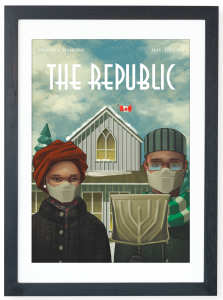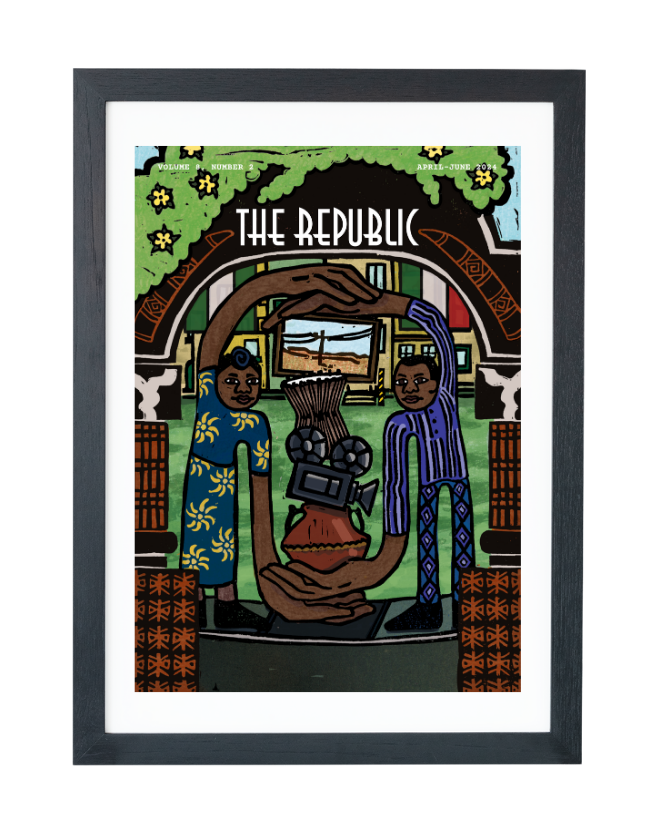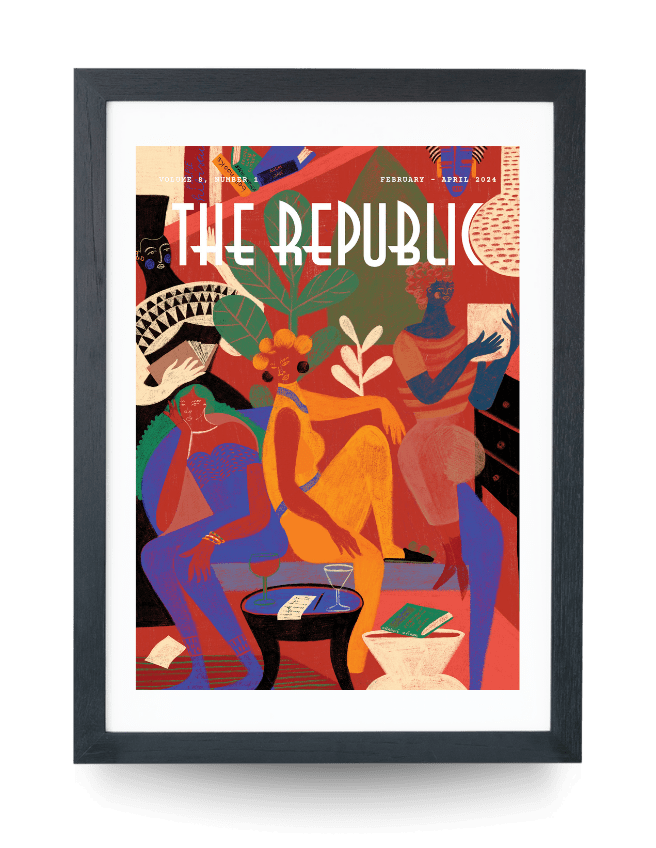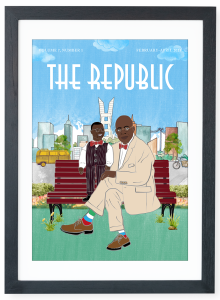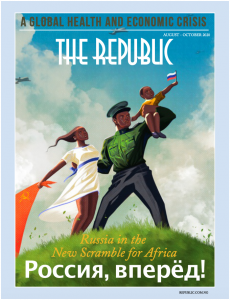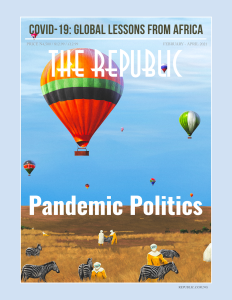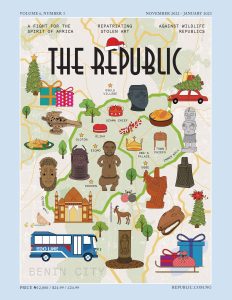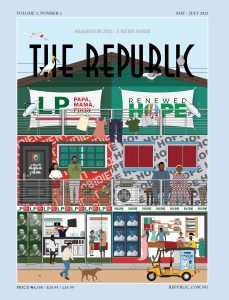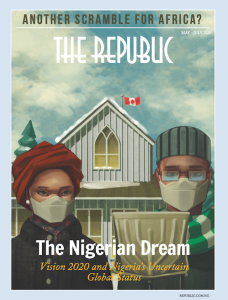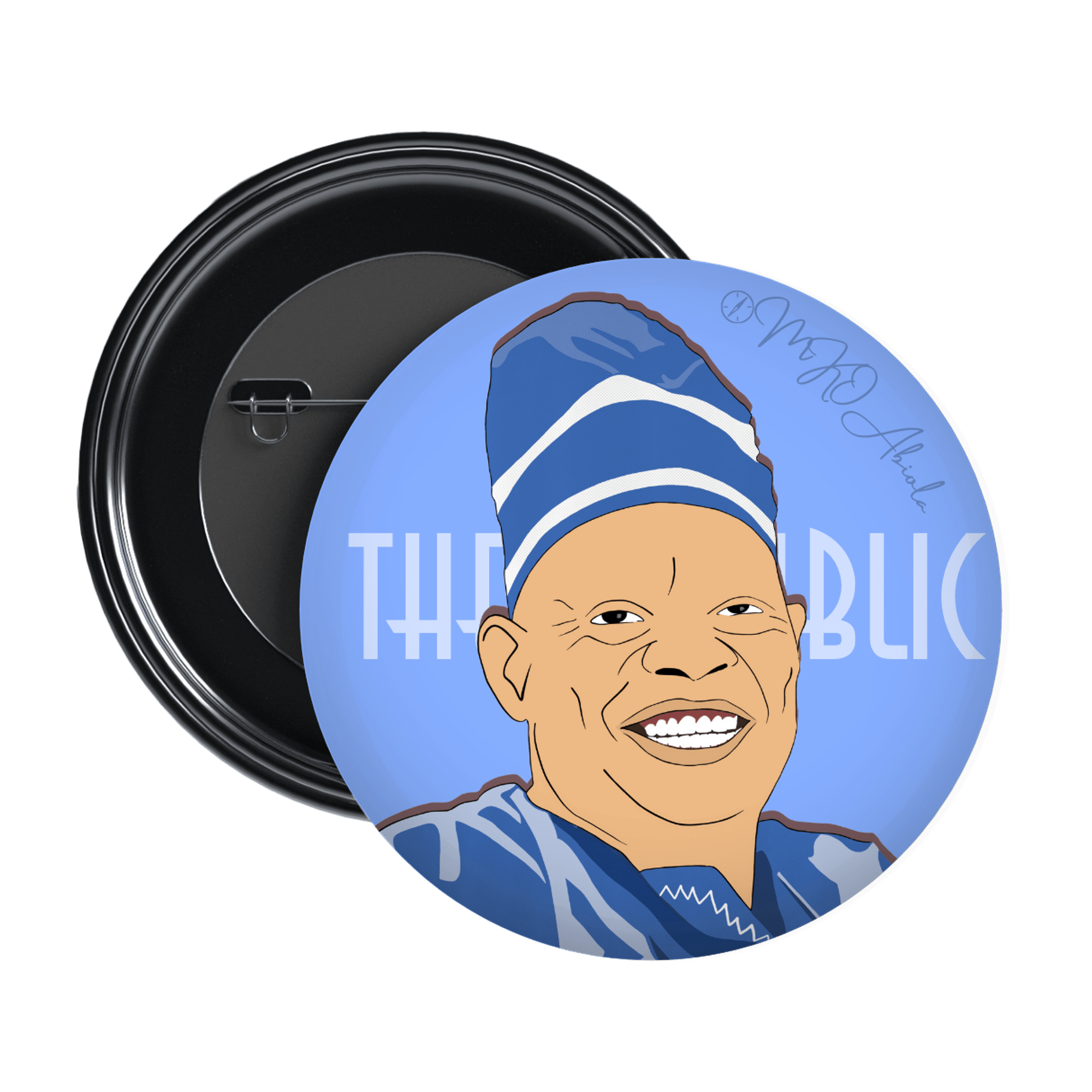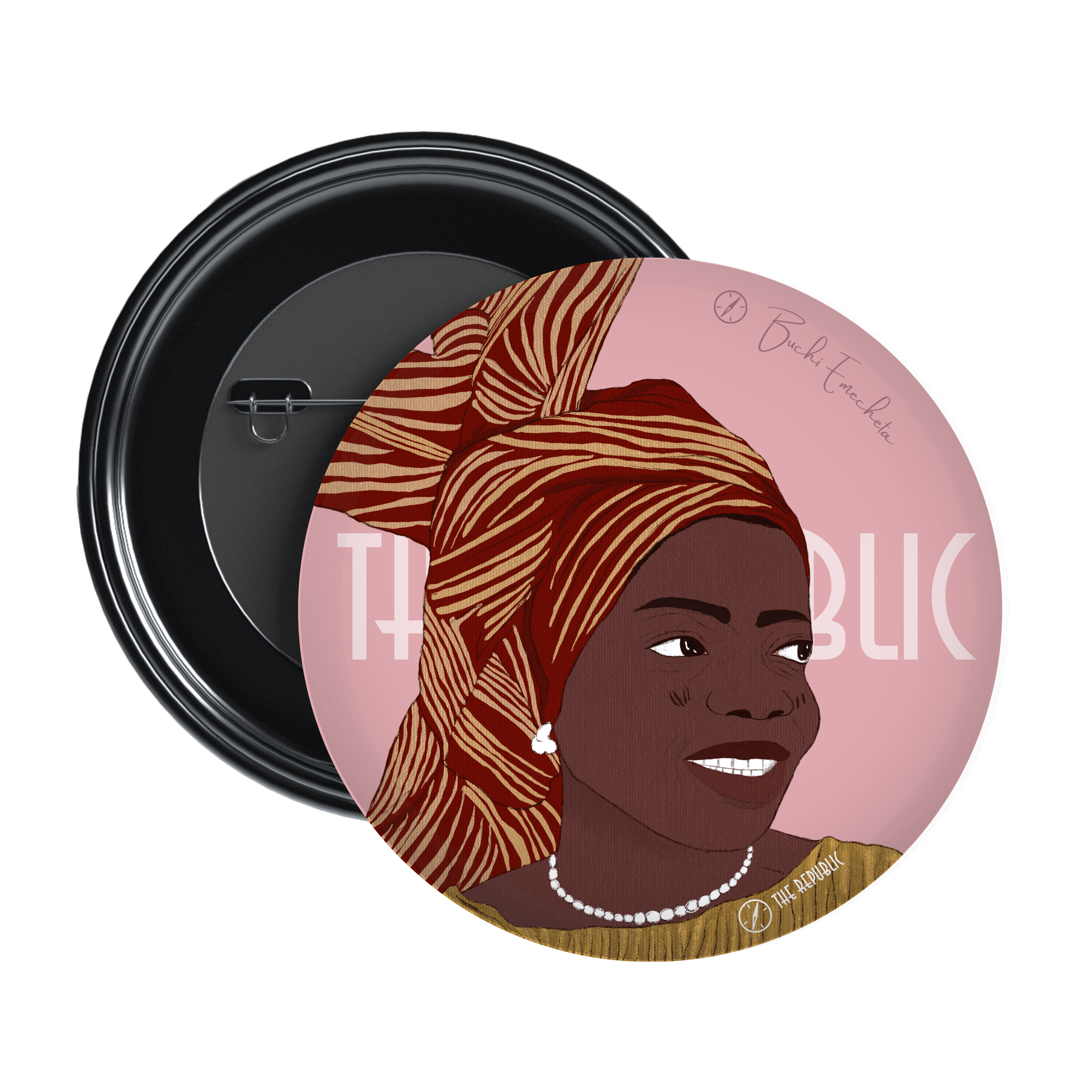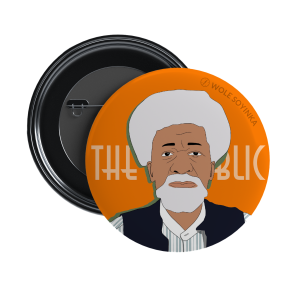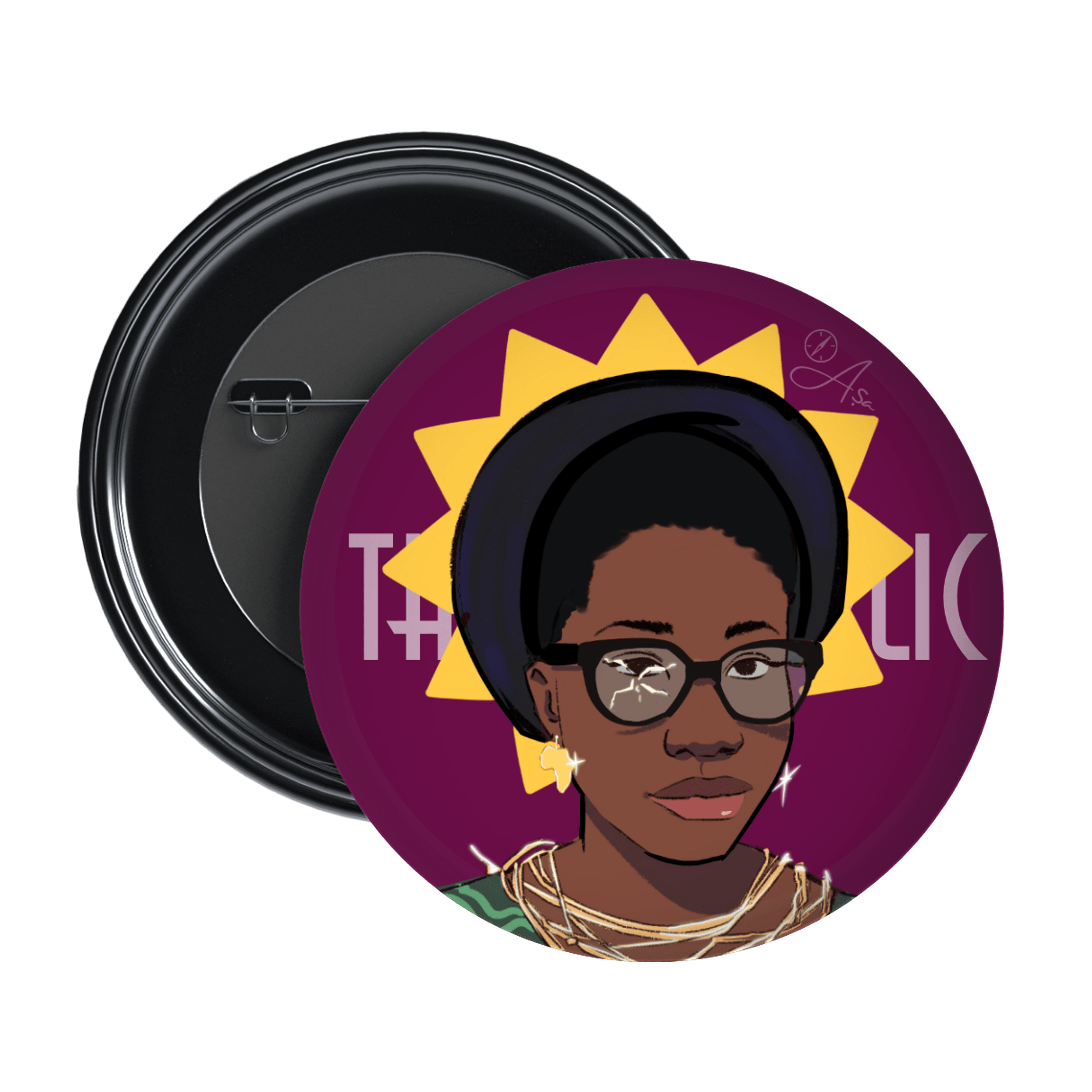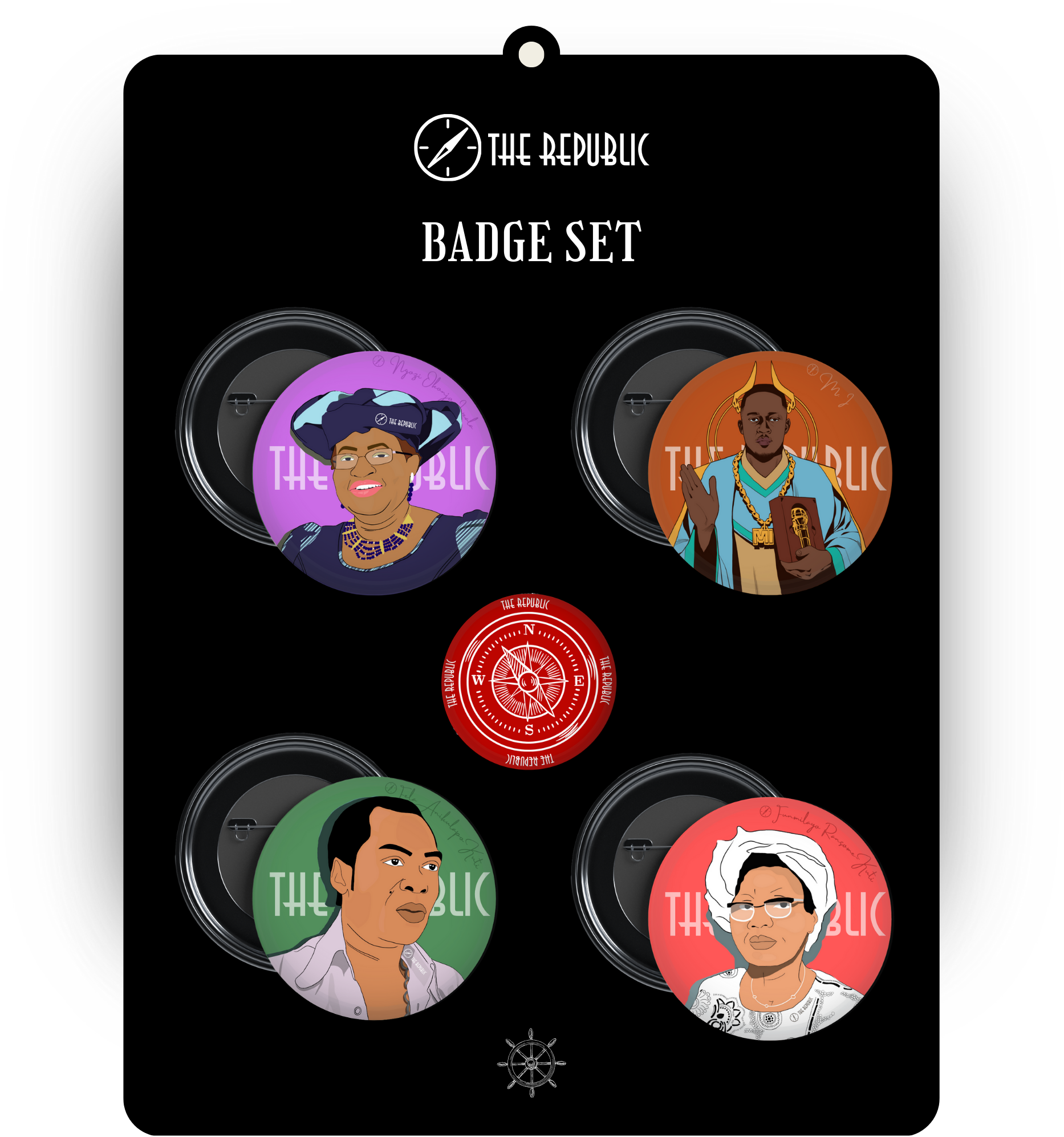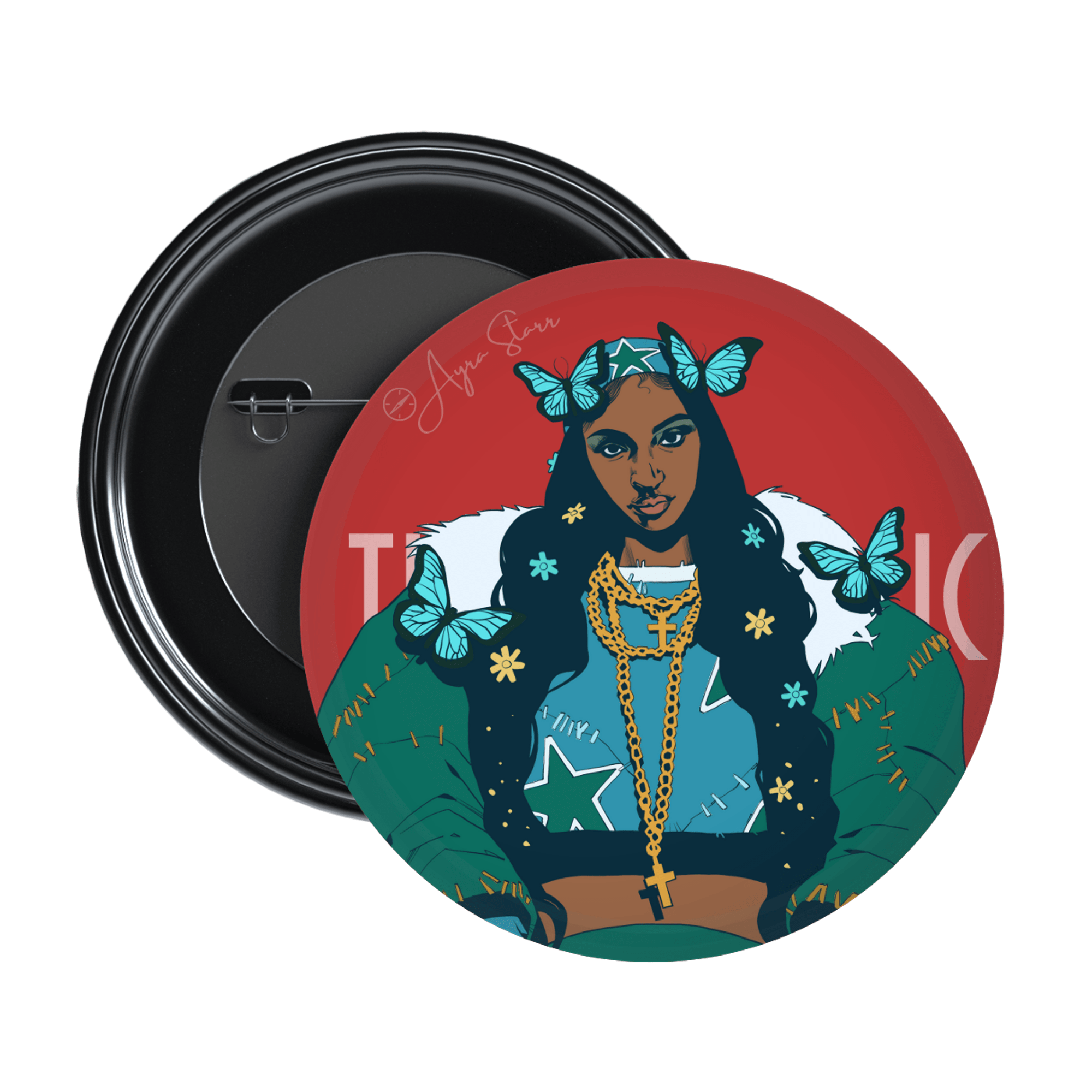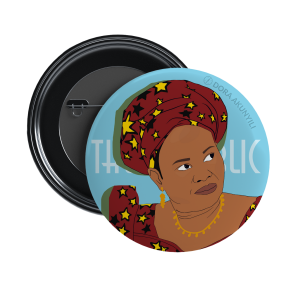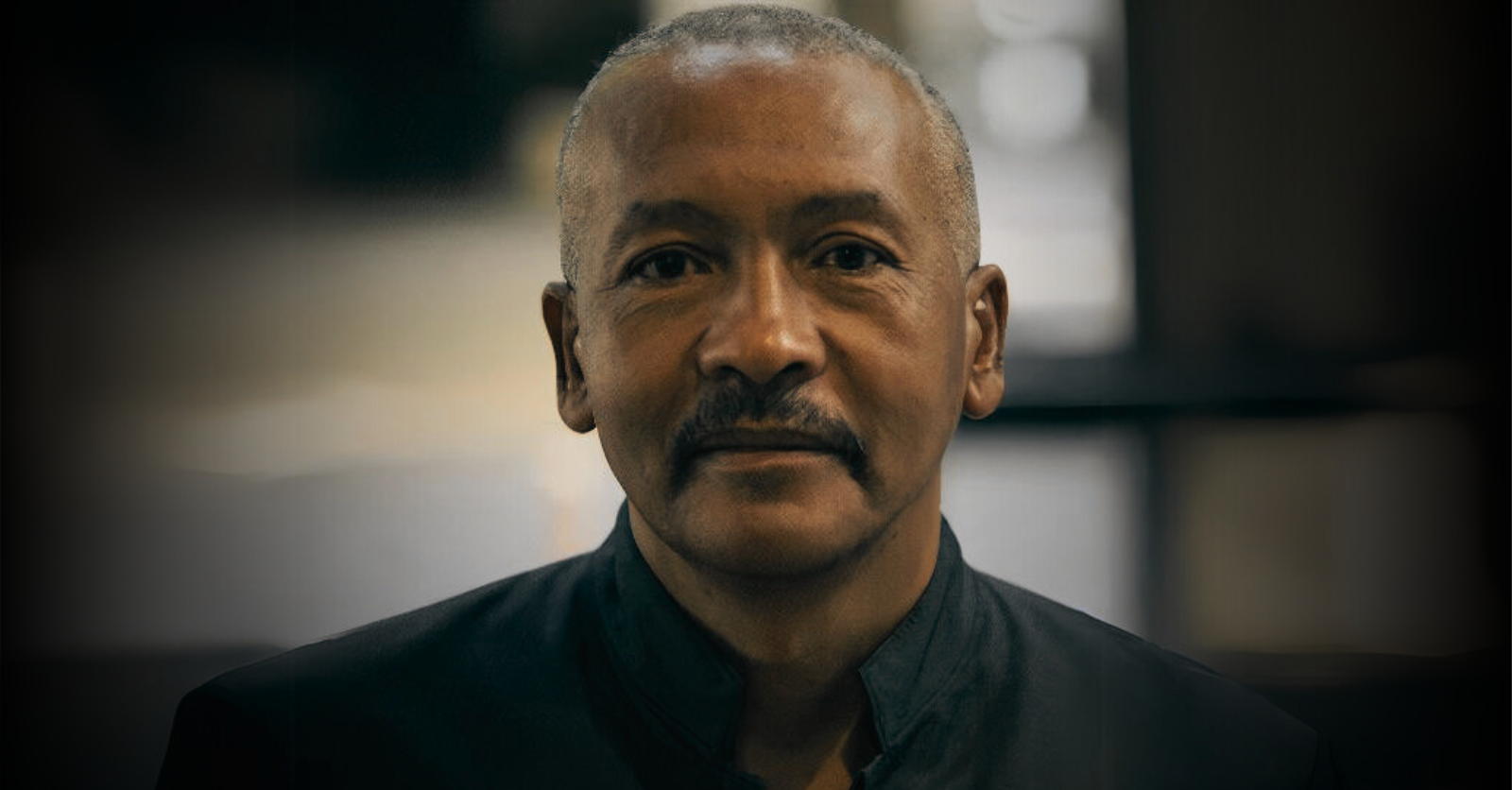
José Luís Mendonça / THE REPUBLIC.
the republic interviews
‘EMERGING ANGOLAN WRITERS FALL INTO THREE CATEGORIES: THE GOOD, THE BAD AND THE VILLAINS’

José Luís Mendonça / THE REPUBLIC.
the republic interviews
‘EMERGING ANGOLAN WRITERS FALL INTO THREE CATEGORIES: THE GOOD, THE BAD AND THE VILLAINS’
When I met the Angolan poet, José Luís Mendonça, at his book launch for Angola, Me Diz Ainda, I had never before read his work. We were in Luanda, and it was early 2018; in fact, I was new to Angola after having spent three years in Mozambique, where I had become deeply accustomed to reading Mozambican literature. As a US-based Lusophone scholar for many years, I had always known Angola and Mozambique to be discussed in the same breath, as if two parts of the same whole. My experience on the continent proved nothing could be farther from the truth, as these two countries have staunch geopolitical differences that make them hard to compare.
My time in Luanda was an education in understanding the class and racial relationships that define both literature and literacy in what was—for decades—one of Africa’s most impenetrable sub-Saharan nations, both geographically and linguistically. Yet, Mendonça’s work resonated with the passion and furore I recalled from Mozambique’s own literary tradition of anti-colonial poet activists, like Noémia de Sousa.
Like de Sousa, Mendonça is biracial but not white-passing. He traverses colour lines and, as a frequent speaker outside the country, casts a long shadow over what gets defined as top-tier Angolan literature to foreign audiences. Although his reported and op-ed columns keep local politicos on their toes, he is considered deeply integral to the national arts scene, too. Therefore, for both his presence and his production, Mendonça has a distinct way of integrating Angola within a wider world that might not understand the nuances of Angolan socio-political realities.
Simultaneously situated in southern, central and western Africa, Angola often feels like a crossroads. Rather, Mendonça depicts the country as an intersection. In this context, a crossroad often feels conflicted, like there are one-way roads headed in opposite directions and one must make a singular, decisive, life-altering choice to commit to one road, forsaking all others. An intersection, by contrast, is a meeting point where many different trajectories have the good fortune of converging on common ground. This is where agency and creativity align; paths aren’t unidirectional or static. They are as varied and compelling as human identity itself.
Therefore, when I requested to interview him, I sought less to understand his characters than to better grasp his context. In line with my other published interviews with contemporary African writers, this snapshot allows for a meta-conversation about the experience of writing as a profession on the continent. While Mendonça was happy to explore plot lines and meaning, here I was more preoccupied with how he’s managed a 40+ year career in what many would say is a dying—if not already dead—industry.
Here, his admission of privilege and frustration over time is raw. Yet, his negotiations with the audience and industry have yet to signal a compromise in his message. And for that, we—his fans—continue to (im)patiently await his next volume.
Born in 1955 in Cuanza Norte, Mendonça is widely revered for his prolific catalogue and international exposure. Although he studied law, at the age of 26, he won the Sagrada Esperança prize for his debut poetry volume, Chuva Novembrina. He has earned many awards since then and has previously served as the Angolan cultural attaché in Paris. In recent years, he has also written more on politics from his editorial role in Cultura magazine. In Aug 2021, he won the South African Development Community journalism award.
NAFEESAH ALLEN
What was the process of publishing your first book, Chuva Novembrina (November Rain)?
JOSÉ LUÍS MENDONÇA
Chuva Novembrina has a very particular story behind it. I had written a book of poetry prior to that one. After a critical reading, I found that it was not yet fit for publication. So, I tore it up and other poems accumulated in various drawers. One night, I gathered a huge box and burned them all in my backyard. After burning the past, I started to produce new things and I read a lot more. I was just 24 years old.
When writing Chuva Novembrina, the poets that inspired me most were Sophia de Mello Breyner Andresen from Portugal and Arlindo Barbeitos from Angola.
Of course, I read other works by other Angolan and global authors, which also contributed a lot to my personal style. For example, Walt Whitman from the US and Pablo Neruda from Chile, and many others. But Chuva Novembrina would only come out in 1984. This book was a breath of fresh air to poetry that, with a few exceptions, such as Ruy Duarte de Carvalho, came from a prosaic, pamphlet-like, politically engaged tradition.
shop the republic
NAFEESAH ALLEN
How did you know you wanted to be a writer? How did you start your career and how did it develop over time?
JOSÉ LUÍS MENDONÇA
I wanted to be a writer very young. I was still in high school, only 14 years old. Thanks to my father and an elementary school teacher, I had been reading a lot of adventure novels since I was eight years old. But of course, as a teenager, I was good at reading—not creative writing.
With the independence of Angola came an opportunity to show what I was worth. During colonial times, although my father was white, I suffered a lot of discrimination for the mere fact that I was a mestizo (‘mulatto’).
At the beginning of my career, I produced a book of short, intimate poems, in the manner of Sophia Andresen and Arlindo Barbeitos, full of Buddhist philosophy (I had just read the book Siddharta, by Hermann Hesse), and a great existential concern. That same year, I joined the Angolan Writer’s Union (UEA).
NAFEESAH ALLEN
You are part of Angola’s famous ‘novíssima geração’ (very new generation), the country’s first literary collective of young writers and journalists to emerge after Portuguese independence ended in 1975. Who did you work with most closely and how was your work influenced by the collective thinking of the time?
JOSÉ LUÍS MENDONÇA
The generation was divided. There was one group, formed by the Youth Literature Brigade, which included a large part of the then youthful elite of Luanda, children of the leaders, but also young commoners from the musseques (shantytowns), all of whom were enthusiastic about entering the world of writing.
And there was another dispersed group of people like me (I had just left the military) and other young intellectuals already discriminated against by the regime. Each was in their own corner producing literature, so I was not influenced by the concept of the new generation as a group concept. I was influenced by the readings I was doing and by the painful experience of independence itself being built under the effects of a war that seemed to go on forever and that worsened the suffering of the majority of the population.
shop the republic
NAFEESAH ALLEN
Does Portugal still influence the Angolan literature market?
JOSÉ LUÍS MENDONÇA
Right after independence, due to the communist regime, the UEA, which was the main publishing house, published many pamphlets, even by people who, for the simple fact that they came out of the guerrilla war and wrote a few pages about the war, were considered revolutionaries.
But it was an editorial choice guarded by the ruling party. Dissident writers from the People’s Movement for the Liberation of Angola itself, such as Manuel dos Santos Lima, were never published there. However, it is fair to say that Luandino Vieira, then secretary-general of the UEA had a broader vision and published more modern works, without any ideological bias.
Today, the panorama is different. Today, we have several publishing houses. The thing is that the publishing market is shaken by crisis in many ways and there is practically no reading in Angolan schools. And without readers, there can be no literature.
To this day, the former colonial metropoles maintain their role as deans of the publishing market in the former colonies and Lisbon is no exception to the rule.
NAFEESAH ALLEN
Which other African (or African Diaspora) writers or cultural enthusiasts have inspired you?
JOSÉ LUÍS MENDONÇA
One African writer who has had a great influence on my work is José Craveirinha from Mozambique. I appreciated the play on constructions he achieved with the use of Mozambican terms. The novelist, Amos Tutuola, from Nigeria influenced me a lot because of his use of witchcraft tradition; Chinua Achebe, the father of the African novel, for elevating Black characters to the rank of main characters; and Amadou Kouroma, with O Sol das Independências, where he has the courage to slap the African political regime centred on the same oppression of the Black man.
One day in Israel, I had the opportunity to read in English the short story ‘The Golden Feather’ by Charity Waciuma, a [Kenyan] writer, and I was enchanted by the richness of the realist-fetishist imagery. This writer has never been translated into Portuguese and has never come to Luanda. We, in Angola, have our backs turned to African culture and literature. I buy these authors and others when I travel abroad and have to read many in French and English.
shop the republic
NAFEESAH ALLEN
Why was your poem ‘Poesía Verde’ dedicated to Carlos Drummond de Andrade?
JOSÉ LUÍS MENDONÇA
It is a tribute to the Brazilian poet, because of his poem, ‘In the Middle of the Road’. It is a highly philosophical poem that reflects on the fundamentals of human life, class-divided society, and man’s destiny on earth.
Some of my other poems were dedicated to José Craveirinha and echo the futurist spirit of this Mozambican poet.
NAFEESAH ALLEN
What is the contemporary literary scene in Angola and the role of the Angolan Writers Union?
JOSÉ LUÍS MENDONÇA
Emerging [Angolan] writers fall into three broad categories: the good, the bad and the villains.
The good ones form a small core of serious writers, engaged in reading and discovering the authors that have come before them, both national and international. They write works of quality, and a bright future awaits them.
The bad ones proliferate by the dozens; they are men and women who have read very little, have no reasonable command of the art of writing. Many write rosy literature, in normal or everyday language, without any notion of what literary style is.
The villains are a minority of copyists who plagiarize, sometimes from works by French-speaking writers. They translate and make changes to the verses. They are very difficult to detect in a country where the general culture is already lagging.
Also, an emerging writer does not necessarily have to do with age. Some are already quite old.
I disassociated myself from the Angolan Writers Union in 2018, after the indifference of most of my peers towards the torturing death of a UEA guard in a police jail in Luanda⎈




